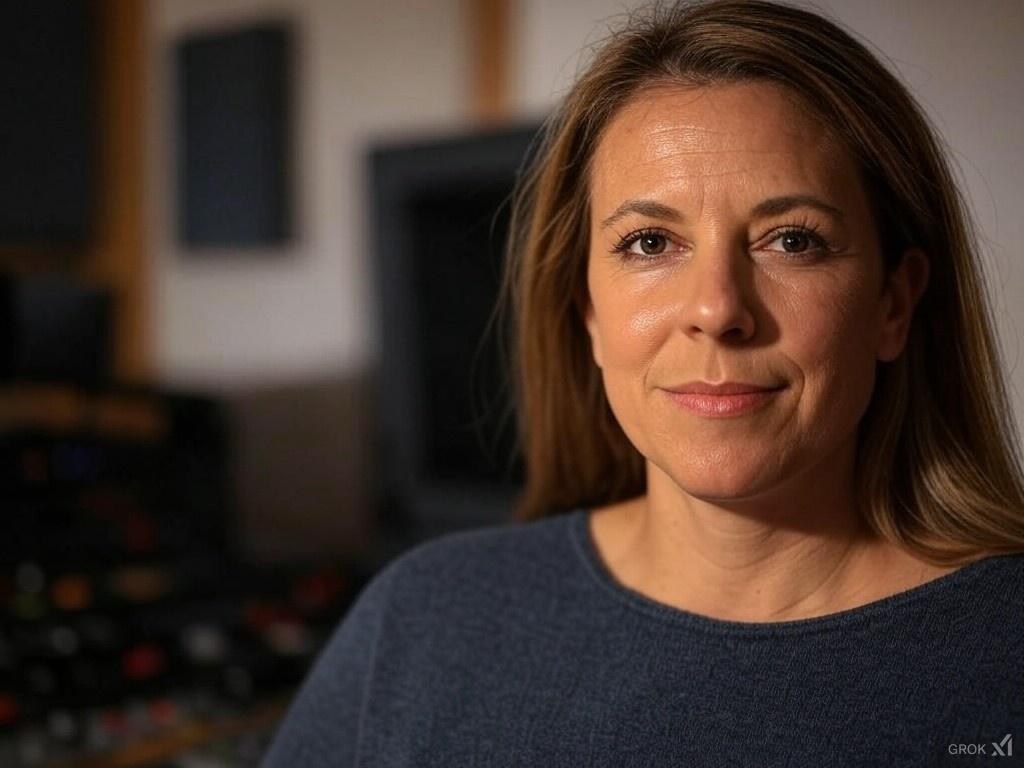Mayi Seymour on the Free Speech Balance

9 January 2025
"We do not censor social media," says the EU, in reaction to its critics. Mayi Seymour, a rising voice in the digital discourse arena, delves into the contentious debate sparked by the European Union's latest stance on social media regulation.
Seymour began by questioning the EU's regulatory approach, encapsulated in the Digital Services Act (DSA). "On one hand, the intention to protect users from misinformation and hate speech is laudable," she noted, "but the execution raises questions about where we draw the line between regulation and censorship." She argued that by defining what content is 'harmful' or 'illegal,' the EU might inadvertently be shaping the digital narrative in a way that stifles free speech.
The podcaster emphasized her stance on fostering more free speech but with a twist. "I'm not advocating for a free-for-all," Seymour clarified. She suggested a balance where the internet could remain a platform for open, uncensored discussion while also promoting civility. "We need fewer rules that dictate what can be said, but we must also encourage self-regulation among users to maintain civility," she proposed.
Seymour explored the concept of community-driven moderation, like the 'community notes' system, as a potential solution. "It's about empowering the community to decide what's true, what's valuable. But," she cautioned, "this comes with its own set of challenges, particularly the risk of misinformation becoming the dominant narrative."
The power dynamics at play are crucial, according to Seymour. "Who should have the authority to define truth?" she asked rhetorically. She critiqued the idea of government bodies dictating digital discourse, advocating instead for a model where the collective voice of the internet shapes content moderation. "It's a battle for control over information," Seymour observed, indicating that the EU's response was a clear sign of this broader struggle.
Looking forward, Seymour speculated on the next six months' developments. "We might see the EU doubling down on its regulatory framework, potentially leading to a more controlled, region-specific internet landscape," she predicted. However, she also saw potential in platforms adopting user-driven moderation, hoping it could lead to a global standard where freedom and civility coexist.
In her closing remarks, Seymour summed up the paradox of digital governance. "In our quest to protect users, we risk endorsing the censorship we claim to despise," she said, underscoring the need for a nuanced approach that respects both the freedom of speech and the dignity of discourse. Her podcast episode not only reflected her advocacy for less EU regulation but also her vision for an internet where free speech and civility are not mutually exclusive.
